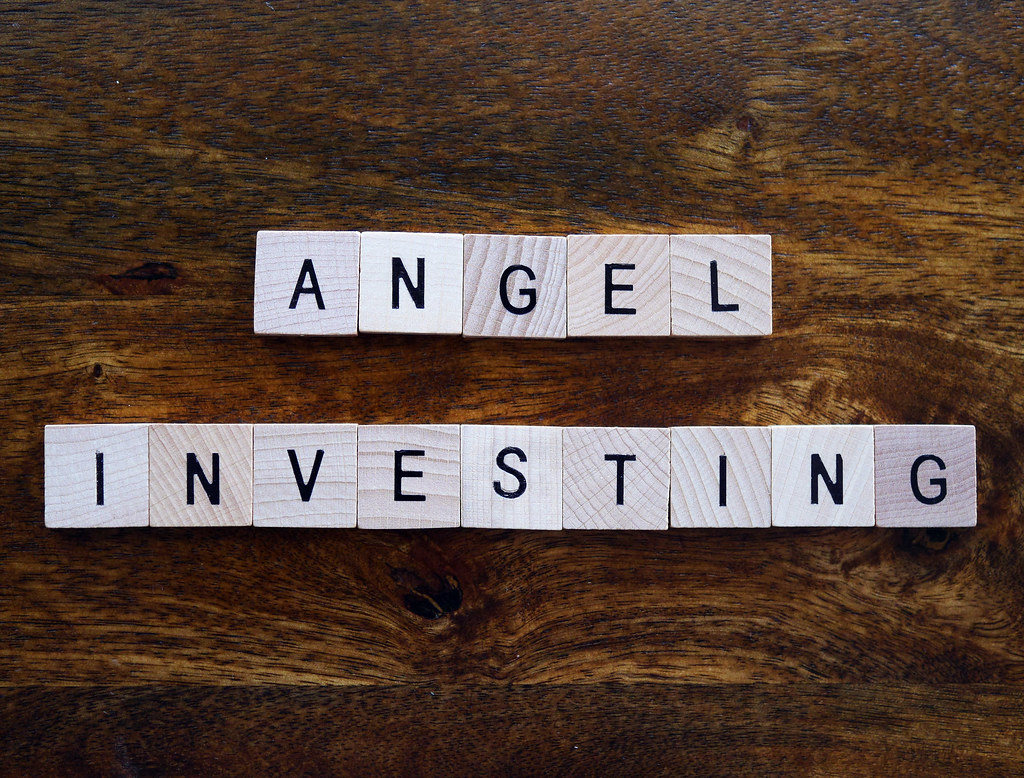In my last post we ran through a scenario where a founder excitedly decided to sell equity to her uncle, an unsophisticated investor. That decision led to the unintended consequences of inflating the value of the company’s stock at an early stage as well as creating a giant tax liability (or expensive stock to purchase) for an early hire.
In this post we are going to walk through the “right” (generally speaking of course – if you need to sell equity to keep the lights on then you should do so) way of raising money from family and friends, through convertible notes or SAFEs.
Convertible Notes
Convertible notes are short-term (normally 18 to 36-month maturities) debt that converts into equity, typically when they company raises a future equity round. The investor lends the Company capital and instead of a return in the form of principal plus interest, the investor would receive equity in the company.
Simple Agreement for Future Equity (SAFEs)
SAFEs are a future promise for equity where the principal converts into equity, typically when they company raises a future equity round. Unlike a convertible note there is no set maturity or interest accruing on the investment which makes this instrument more company friendly. SAFEs are more fashionable in the Bay Area where it is more market.
So Why are Convertible Notes and SAFEs OK?
Convertible notes and SAFEs are better capital raising tools mostly because you avoid the issue of having unsophisticated investors setting an artificially high valuation for the company. Since the investors are not purchasing shares of the company there is no price per share being paid by the investors. And while it may be advisable to have a valuation done of the company after a convertible note or SAFE financing, especially a larger one (i.e. x > $500,000), the impact on such valuation is muted since it was not an equity investment. Therefore we can avoid the overpriced equity and resulting tax or affordability pain.
A secondary issue is the potentially negative impact to investor relations if the investor greatly overpays for the equity. Your uncle who bought common stock at a $2oM valuation is not going to be happy one year later when your company goes through a preferred stock financing at a $8M valuation. While convertible notes and SAFEs do oftentimes contain a valuation cap which is a quasi-proxy for valuation, they also contain a discount rate and convert at the lower valuation of the two. Further, in a true friends and family round the note holder can punt on a valuation cap and take a discount off a valuation cap from a future convertible note round where presumably a sophisticated outside, third-party investor will set the valuation cap.
A Lawyer Doing Some Basic Math
Here is how the math breaks down at a high level:
Scenario 1
- Company issues convertible notes to friends and family at a $20M valuation and 20% discount.
- The Company then issues convertible notes to outside investors at a $6M valuation and 20% cap
- A year later it issues preferred stock at an $8M valuation
- The friends and family convertible note holders would convert at a $8M*.80 or $6.4M valuation
- The outside investors would convert at a $6M valuation
Scenario 2
- Company issues convertible notes to friends and family at a 20% discount off a future valuation cap and 20% discount.
- The Company then issues convertible notes outside investors at a $6M valuation and 20% cap
- A year later it issues preferred stock at an $8M valuation
- The friends and family convertible note holders would convert at a $6M*.80 or $4.8M valuation
- The outside investors would convert at a $6M valuation
- The friends and family note holders in scenario 2 end up with a better deal than those in scenario 1.
An important note to keep in mind is that the founders in scenario 2 are likely to be more diluted than the founders in scenario 1. However, investors would argue scenario 2 is fairer as it provides the proper reward for investing earlier on and thus incurring more risk.
How to Get the Investment Process Started
When you are ready to invest speak to an attorney who is familiar with startup financing, such as myself, and they should be able to prepare a term sheet which contains the material economics of your deal as well as the underlying convertible note/SAFE, all documents you can bring your potential investors. Investment documents are not an area where a founder should feel like they can just handle it themselves.




